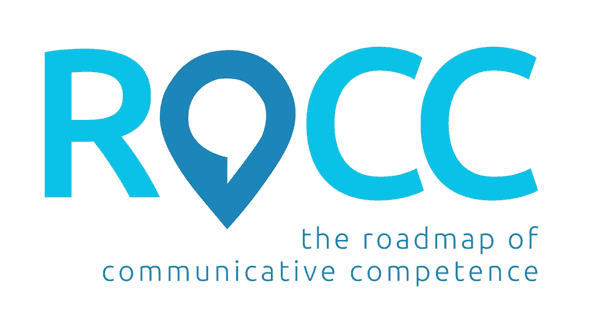
The first resemblance of the ROCC began when I was working at the Kilparrin Teaching Assessment Unit, in Adelaide, South Australia. We needed a simple way to show the teachers that they were actually making a difference. They were feeling overwhelmed and concerned that they hadn’t done enough, rather than feeling good about what they had already achieved.
Together with the school’s communication coordinator, Sarah Hains, I started mapping out the key domains that contribute to communication success and whether they thought their student had improved in any of these areas. The school trialled this as a survey and at Sarah’s suggestion, we transformed the survey into a rubric so that we could more easily describe performance at the varied levels within a domain.
The real power of the ROCC came when my husband and IT guy, David Tham, created the platform that allows online entry of assessments and the generation of group data graphs. This meant that we could now generate data graphs that gave us bigger picture information for a whole school or practice setting, as well as to compare progress for individuals across time.
With my colleague and friend, Haylee Parfett we then trialled this rubric in several other schools across Australia, and soon realised the power of group data and comparison graphs. We also began using the ROCC at Two Way Street, my speech pathology practice in Adelaide, South Australia and saw the benefits or reviewing trends and patterns in the data for our clients. The individual profile and progress graphs were also extremely useful to include in progress reports and funding applications.
The fledgling stages of the ROCC had begun, but there were many more hours required to ensure that descriptors across all levels of all domains were clear and accessible to a range of users, not just those with a strong background in Augmentative and Alternative Communication. We wanted to make the ROCC an accessible assessment for all people who work or live with people who have communication difficulties.
I would like to thank Sarah, Dave, Haylee and the team at Two Way Street for their valuable contribution to the ROCC.
Also, there have been many people throughout the development and ongoing use of the ROCC, that have provided ideas, suggestions and feedback that has made a valuable contribution to it’s evolution. The key focus is to have an assessment tool that provides data that is easy to read and worthwhile for those scoring. In particular, those schools and teachers involved in our pilot phase have been particularly helpful.
- Kilparrin Teaching and Assessment School & Services
- Claremont Special School
- Mt Ommaney Special School
- Western Suburbs Special School
- College Row School
- Verney Road Specialist School
